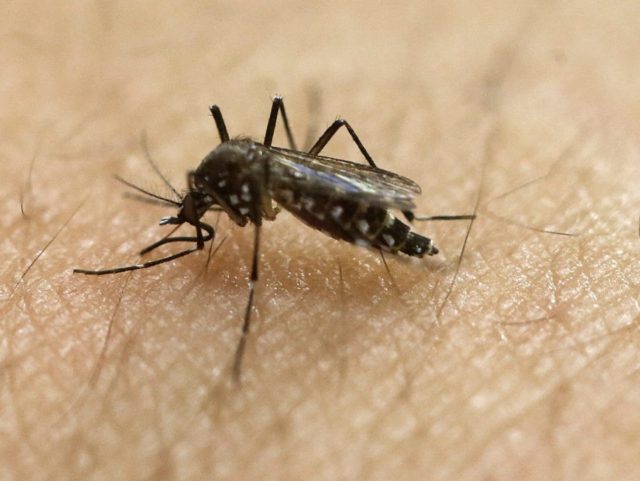Florida has begun an aerial insecticide spraying campaign against the mosquito known to carry Zika, as health officials brace for a new wave of locally transmitted diseases and fear the outbreak could have already spread outside Miami’s Wynwood neighborhood.
The Miami Herald reported Friday that officials have identified another case of Zika in Southwest Miami and that officials are conducting tests on locals there to ensure that the number of Zika cases has not increased significantly. There is no confirmation yet of whether the news case is locally transmitted — contracted from a mosquito present in the area — or the product of travel to another infected area.
The Zika virus is spread through the aedes aegypti species of mosquito, common in southern Florida. It breeds in pools of stagnant water covered from the sun. After the announcement of 15 confirmed Zika cases through local transmission in Miami, all in northwest Wynwood, local officials and the Centers for Disease Control (CDC) opted to begin a campaign of aerial insecticide spraying. Its success will depend largely on whether the mosquito’s breeding pools can be reached from above.
Florida Governor Rick Scott announced alongside CDC Director Thomas Frieden Thursday that the spraying campaign appeared to be working, and they expected to continue it. Frieden said he was “very encouraged” by the results of the spraying, as Scott announced that the public health alert in Wynwood would be removed for a one-square-mile zone. Authorities are using Naled, an insecticide considered extremely safe for the project, to combat aedes aegypti and have approved the release of mosquito-eating bats into affected regions to diminish the population.
In addition to killing the mosquitos, authorities are testing them to see if they carry Zika. Of the 20,000 tested so far, none have tested positive for Zika.
Despite the initial positive results, CDC officials are warning against aggressive optimism, given the “unprecedented” nature of the Zika threat. While Zika does not induce symptoms in 80 percent of the people who contract it, and mild symptoms in most others, it can cause severe brain deformities in unborn children, making pregnant mothers particularly vulnerable to an outbreak. The Zika epidemic in South America has resulted in thousands of infants in Brazil, Colombia, and Venezuela being born with a condition known as microcephaly, in which the infant’s skull is too small for his or her brain.
“We’ve never before had a mosquito-borne disease that can cause birth defects,” Frieden noted Thursday, warning that eradicating the virus “is not going to be easy” because of the nature of aedes aegypti reproduction and the fact that most Zika patients do not experience symptoms.

COMMENTS
Please let us know if you're having issues with commenting.